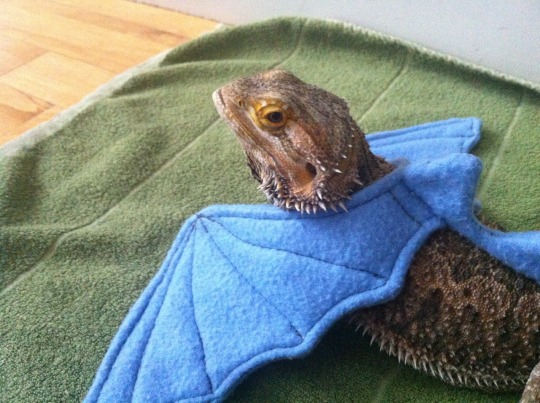This is a blog dedicated to writing. You can express so much with writing.
Don't wanna be here? Send us removal request.
Photo







Bilbo once told me his part in this tale would end… that each of us must come and go in the telling. Bilbo’s story was now over. There would be no more journeys for him… save one. My dear Sam. You cannot always be torn in two. You will have to be one and whole for many years. You have so much to enjoy and to be and to do. Your part in the story will go on.
2K notes
·
View notes
Photo

1 note
·
View note
Text
I just finished A White Room by Stephanie Carroll, and I really would love to talk about it with someone, but no one I know has read it : ( come to think of it, I don't know a lot of big readers...
0 notes
Text
I'm here, enjoying photographs of other people's bookshelves, while thinking to myself, in a Sebastian voice, "my bookshelf, it's a mess."
1 note
·
View note
Photo

Today’s Forecast: Scarves, Books, and a chance of Cuddles…
3K notes
·
View notes
Text
The Importance of The Unlikable Heroine
I’ve always had this tendency to apologize for everything—even things that aren’t my fault, things that actually hurt me or were wrongs against me.
It’s become automatic, a compulsion I am constantly fighting. Even more disturbingly, I’ve discovered in conversations with my female friends that I’m not alone in feeling this impulse to be pleasant, to apologize needlessly, to resist showing anger.
After all, if you’re a woman and you demonstrate anger, you’re a bitch, a harpy, a shrew. You’re told to smile more because you will look prettier; you’re told to calm down even when whatever anger or otherwise “unseemly” emotion you’re experiencing is perfectly justified.
If you don’t, no one will like you, and certainly no one will love you.
I’m not sure when this apologetic tendency of mine emerged. Maybe it began during childhood; maybe the influence of social gender expectations had already begun to affect me on a subconscious level. But if I had to guess, I would assume it emerged later, when I became aware through advertisements, media, and various unquantifiable social pressures of what a girl should be—how to act, how to dress, what to say, what emotions are okay and what emotions are not.
Essentially, I became aware of what I should do, as a girl, to be liked, and of how desperate I should be to achieve that state.
Being liked would be the pinnacle of my personal achievement. I could accomplish things, sure—make good grades, go to a good school, have a stellar career. But would I be liked during all of this? That was the important thing.
It angers me that I still struggle with this. It angers me that even though I’m an intelligent, accomplished adult woman, I still experience automatic pangs of inadequacy and shame when I perceive myself to have somehow disappointed these unfair expectations. I can’t always seem to get my emotions under control, and yet I must—because sometimes those emotions are angry or unpleasant or, God forbid, unattractive, and therefore will inconvenience someone or make someone uncomfortable.
Maybe that’s why, in my fiction—both the stories I read and the stories I write—I’ve always gravitated toward what some might call “unlikable” heroines.
It’s difficult to define “unlikability”; the term itself is nebulous. If you asked ten different people to define unlikability, you would probably receive ten different answers. In fact, I hesitated to write this piece simply because art is not a thing that should be quantified, or shoved into “likable” and “unlikable” components.
But then there are those pangs of mine, that urge to apologize for not being the right kind of woman. Insidious expectations lurk out there for our girls—both real and fictional—to be demure and pleasant, to wilt instead of rally, to smile and apologize and hide their anger so they don’t upset the social construct—even when such anger would be expected, excused, even applauded, in their male counterparts.
So for my purposes here, I’ll define a “likable heroine” as one who is unobjectionable. She doesn’t provoke us or challenge our expectations. She is flawed, but not offensively. She doesn’t make us question whether or not we should like her, or what it says about us that we do.
Let me be clear: There is nothing wrong with these “likable” heroines. I can think of plenty such literary heroines whom I adore:
Fire in Kristin Cashore’s Fire. Karou in Laini Taylor’s Daughter of Smoke and Bone series. Jo March in Little Women. Lizzie Bennet in Pride and Prejudice. The Penderwick sisters in Jeanne Birdsall’s delightful Penderwicks series. Arya (at least, in the early books) in A Song of Ice and Fire. Sarah from A Little Princess. Meg Murry from A Wrinkle in Time. Matilda in Roald Dahl’s classic book of the same name.
These heroines are easy to love and root for. They have our loyalty on the first page, and that never wavers. We expect to like them, for them to be pleasant, and they are. Even their occasional unpleasantness, as in the case of temperamental Jo March, is endearing.
What, then, about the “unlikable” heroines?
These are the “difficult” characters. They demand our love but they won’t make it easy. The unlikable heroine provokes us. She is murky and muddled. We don’t always understand her. She may not flaunt her flaws but she won’t deny them. She experiences moral dilemmas, and most of the time recognizes when she has done something wrong, but in the meantime she will let herself be angry, and it isn’t endearing, cute, or fleeting. It is mighty and it is terrifying. It puts her at odds with her surroundings, and it isn’t always easy for readers to swallow.
She isn’t always courageous. She may not be conventionally strong; her strength may be difficult to see. She doesn’t always stand up for herself, or for what is right. She is not always nice. She is a hellion, a harpy, a bitch, a shrew, a whiner, a crybaby, a coward. She lies even to herself.
In other words, she fails to walk the fine line we have drawn for our heroines, the narrow parameters in which a heroine must exist to achieve that elusive “likability”:
Nice, but not too nice.
Badass, but not too badass, because that’s threatening.
Strong, but ultimately pliable.
(And, I would add, these parameters seldom exist for heroes, who enjoy the limitless freedoms of full personhood, flaws and all, for which they are seldom deemed “unlikable” but rather lauded.)
Who is this “unlikable” heroine?
She is Amy March from Little Women. She is Briony from Ian McEwan’s Atonement. Katsa from Kristin Cashore’s Graceling. Jane Austen’s Emma Woodhouse. Sansa from A Song of Ice and Fire. Mary from The Secret Garden. She is Philip Pullman’s Lyra, and C. S. Lewis’s Susan, and Rowling’s first-year Hermione Granger. She is Katniss Everdeen. She is Scarlett O’Hara.
These characters fascinate me. They are arrogant and violent, reckless and selfish. They are liars and they are resentful and they are brash. They are shallow, not always kind. They may be aggressive, or not aggressive enough; the parameters in which a female character can acceptably display strength are broadening, but still dishearteningly narrow. I admire how the above characters embrace such “unbecoming” traits (traits, I must point out, that would not be noteworthy in a man; they would simply be accepted as part of who he is, no questions asked).
These characters learn from their mistakes, and they grow and change, but at the end of the day, they can look at themselves in the mirror and proclaim, “Here I am. This is me. You may not always like me—I may not always like me—but I will not be someone else because you say I should be. I will not lose myself to your expectations. I will not become someone else just to be liked.”
When I wrote my first novel, The Cavendish Home for Boys and Girls, I knew some readers would have a hard time stomaching the character of Victoria. She is selfish, arrogant, judgmental, rigid, and sometimes cruel. Even at the end of the novel, by which point she has evolved tremendously, she isn’t particularly likable, if we go with the above definition.
I had similar concerns about the heroine of my second novel, The Year of Shadows. Olivia Stellatella is a moody twelve-year-old who isolates herself from her peers at school, from her father, from everything that could hurt her. Her circumstances at the beginning of the novel are inarguably terrible: Her mother abandoned their family several months prior, with no explanation. Her father conducts the city orchestra, which is on the verge of bankruptcy. He neglects his daughter in favor of saving his livelihood. He sells their house and moves them into the symphony hall’s storage rooms, where Olivia sleeps on a cot and lives out of a suitcase. She calls him The Maestro, refusing to call him Dad. She hates him. She blames him for her mother leaving.
Olivia is angry and confused. She is sarcastic, disrespectful, and she tells her father exactly what she thinks of him. She lashes out at everyone, even the people who want to help her. Sometimes her anger blinds her, and she must learn how to recognize that.
I knew Olivia’s anger would be hard for some readers to understand, or that they would understand but still not like her.
This frightened me.
As a new author, the prospect of writing these heroines—these selfish, angry, difficult heroines—was a daunting one. What if no one liked them? What if, by extension, no one liked me?
But I’ve allowed the desire to be liked thwart me too many times. The fact that I nearly let my fear discourage me from telling the stories of these two “unlikable” girls showed me just how important it was to tell their stories.
I know my friends and I aren’t the only women who feel that constant urge to apologize, to demur, to rein in anger and mutate it into something more socially acceptable.
I know there are girls out there who, like me at age twelve—like Olivia, like Victoria—are angry or arrogant or confused, and don’t know how to handle it. They see likable girls everywhere—on the television, in movies, in books—and they accordingly paste on strained smiles and feel ashamed of their unladylike grumpiness and ambition, their unseemly aggression.
I want these girls to read about Victoria and Olivia—and Scarlett, Amy, Lyra, Briony—and realize there is more to being a girl than being liked. There is more to womanhood than smiling and apologizing and hiding those darker emotions.
I want them to sift through the vast sea of likable heroines in their libraries and find more heroines who are not always happy, not always pleasant, not always good. Heroines who make terrible decisions. Heroines who are hungry and ambitious, petty and vengeful, cowardly and callous and selfish and gullible and unabashedly sensual and hateful and cunning. Heroines who don’t always act particularly heroic, and don’t feel the need to, and still accept themselves at the end of the day regardless.
Maybe the more we write about heroines like this, the less susceptible our girl readers will be to the culture of apology that surrounds them.
Maybe they will grow up to be stronger than we are, more confident than we are. Maybe they will grow up in a world brimming with increasingly complex ideas about what it means to be a heroine, a woman, a person.
Maybe they will be “unlikable” and never even think of apologizing for it.
22K notes
·
View notes
Quote
Books loved anyone who opened them, they gave you security and friendship and didn’t ask anything in return; they never went away, never, not even when you treated them badly.
Cornelia Funke, The Inkheart Trilogy (via wordsnquotes)
5K notes
·
View notes
Photo

Just One Word Book Photo Challenge September 2016
Day 25: Banned
2K notes
·
View notes
Photo

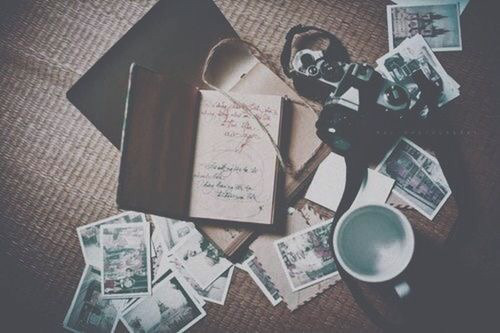



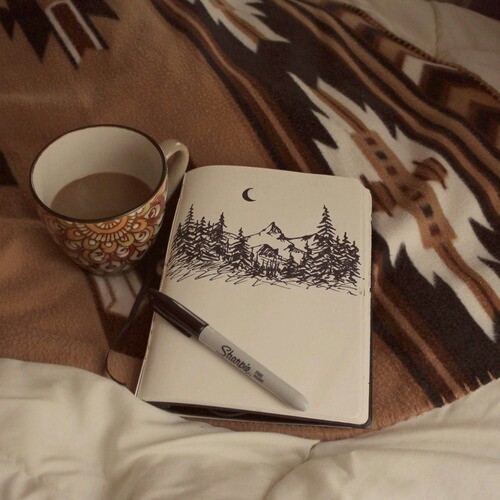


fairy lights & cozy nights | autumn & winter cozy blog
the let’s get cozy series
58K notes
·
View notes
Text
Reading a good book after a bad day is like a warm hug from a dear friend
6K notes
·
View notes
Photo

From yesterday…. after a long day first day back at school with everything going awry, I got home and took some time to unwind with tea, kitty snuggles, cozy lights and journaling. ✨
3K notes
·
View notes
Photo
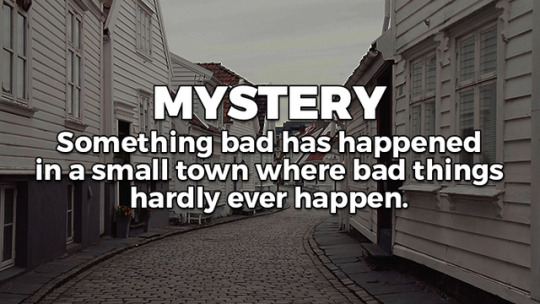
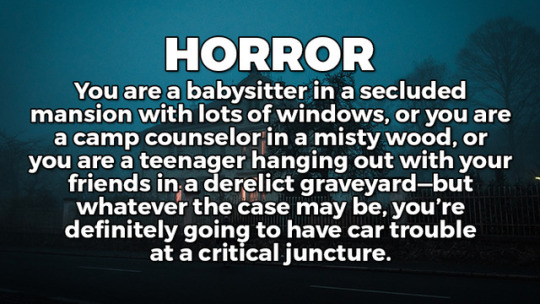
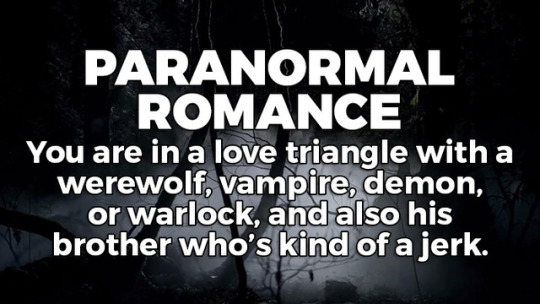

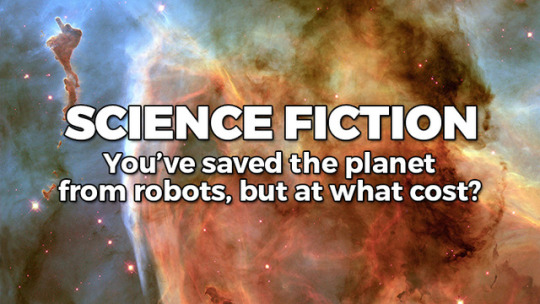


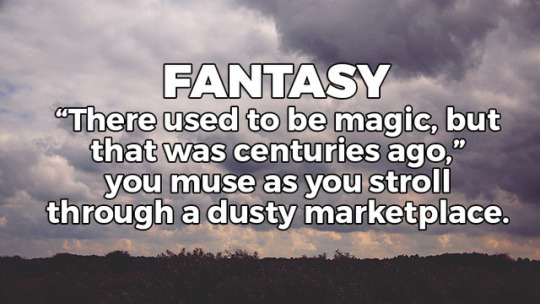
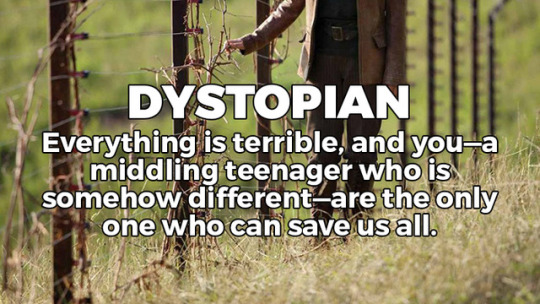

Every Literary Genre Summed Up in a Single Sentence
101K notes
·
View notes



